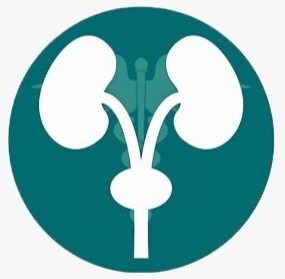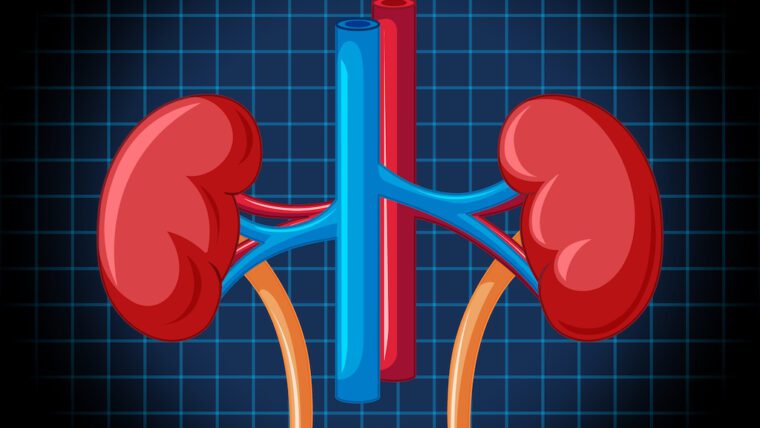Kidney transplant is a treatment option for people with end-stage renal disease (ESRD), also known as kidney failure. It involves replacing a damaged or non-functioning kidney with a healthy one from a donor. For many people, kidney transplant is a life-saving procedure that can significantly improve their quality of life.
If you’re considering a kidney transplant, this guide is for you. We’ll walk you through the entire process, from the evaluation process to life after the transplant. You’ll learn what to expect, how to prepare, and how to take care of yourself after the transplant.
Evaluation Process
Before you can be considered for a kidney transplant, you’ll need to undergo a thorough evaluation. This will involve a series of tests to determine whether you’re a suitable candidate for the procedure. Here’s what you can expect:
- Medical history: You’ll be asked about your medical history, including any previous surgeries, medications you’re taking, and any chronic conditions you have.
- Physical examination: You’ll undergo a physical examination to assess your overall health.
- Blood tests: Blood tests will be done to evaluate your kidney function, blood type, and overall health.
- Imaging tests: Imaging tests, such as an ultrasound or CT scan, may be done to evaluate the condition of your kidneys.
- Psychological evaluation: A psychological evaluation may be done to assess your mental health and ability to cope with the procedure.
Finding a Donor
Once you’ve been approved for a kidney transplant, the next step is to find a suitable donor. There are two types of donors: living donors and deceased donors.
Living donors are people who donate one of their kidneys voluntarily. They can be a family member, friend, or even a stranger who wants to help. Living donor transplants have a higher success rate and fewer complications than transplants from deceased donors.
Deceased donors are people who have passed away and have agreed to donate their organs. If you’re on the transplant waiting list, you’ll be notified when a suitable kidney becomes available.
Preparing for Surgery
Once a donor has been identified, you’ll undergo several tests and procedures to prepare for the surgery. You’ll be given instructions on how to prepare for the surgery, which may include:
- Quitting smoking: Smoking can increase the risk of complications during and after the surgery. You’ll be asked to quit smoking several weeks before the surgery.
- Losing weight: If you’re overweight or obese, you may be asked to lose weight before the surgery. This can reduce the risk of complications during and after the surgery.
- Getting vaccinated: You may need to get vaccinated to prevent infections after the surgery.
- Taking medications: You’ll be given medications to prevent rejection of the new kidney and to prevent infections.
Surgery and Recovery
The surgery itself typically takes several hours and is performed under general anesthesia. After the surgery, you’ll be taken to a recovery room where you’ll be monitored closely for several hours.
Recovery from kidney transplant surgery can take several weeks to several months. You’ll need to take several medications, including immunosuppressants, to prevent rejection of the new kidney. You’ll also need to attend regular follow-up appointments to monitor your progress.
FAQs
How long does a kidney transplant last?
A kidney transplant can last for many years, but the exact length of time varies from person to person.
What are the risks of kidney transplant?
The risks of kidney transplant include infection, bleeding, organ rejection, and side effects from the medications used to prevent rejection. However, the benefits of the procedure often outweigh the risks.
Can I still have children after a kidney transplant?
It’s possible to have children after a kidney transplant, but it’s important to wait until your doctor gives you the green light. Women who have had a kidney transplant may need to be monitored closely during pregnancy to ensure that the transplant is not affected.
Conclusion
A kidney transplant can be a life-saving procedure for people with kidney failure. If you’re considering a kidney transplant, it’s important to understand the evaluation process, finding a donor, preparing for surgery, and the recovery process. By following the advice of your healthcare team, taking your medications as prescribed, and attending regular follow-up appointments, you can increase your chances of a successful transplant and enjoy a better quality of life. Remember to always consult your healthcare provider if you have any concerns or questions regarding your kidney transplant.




